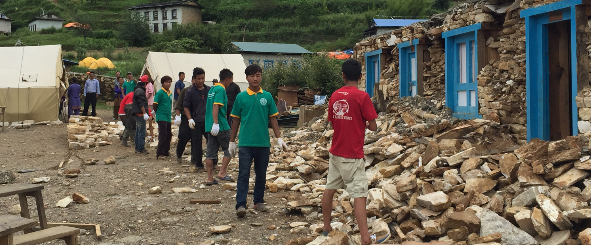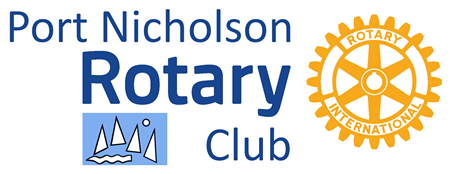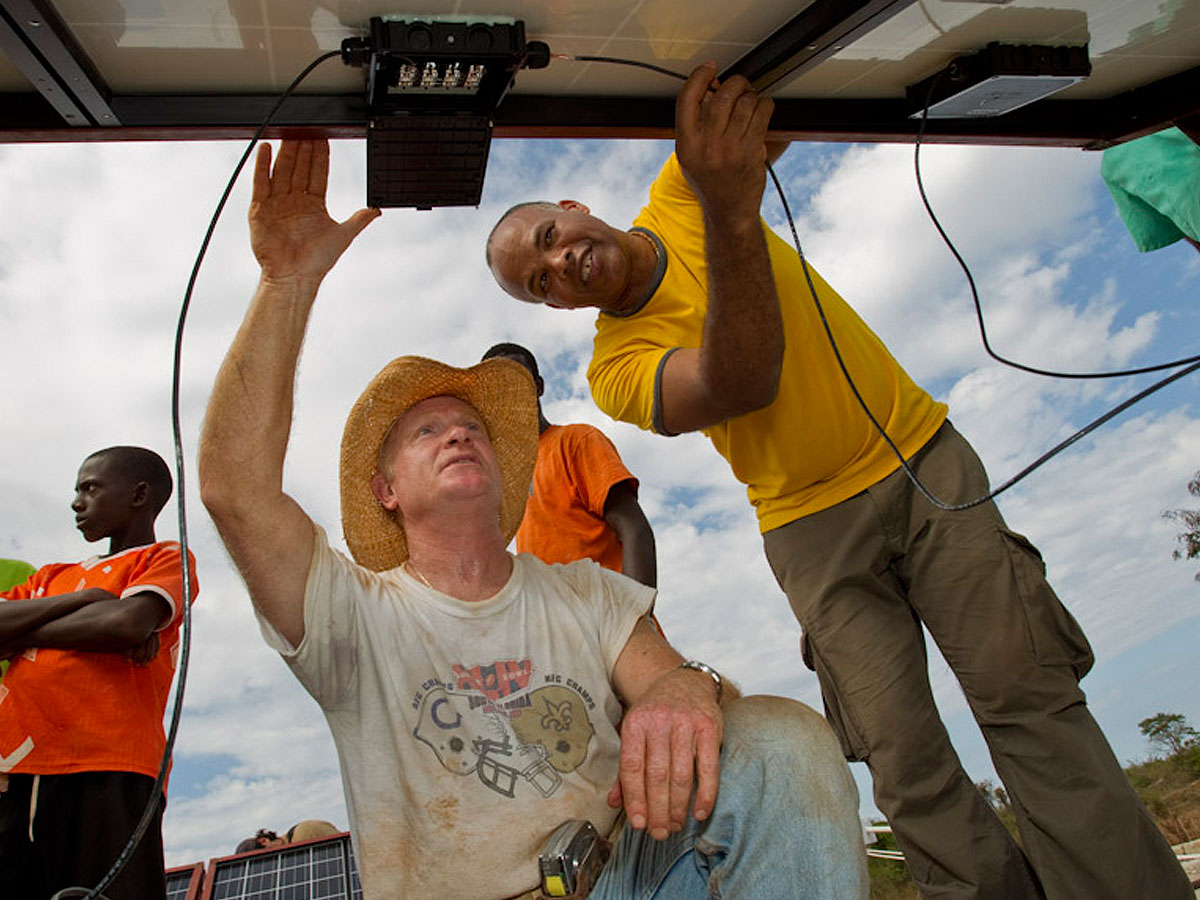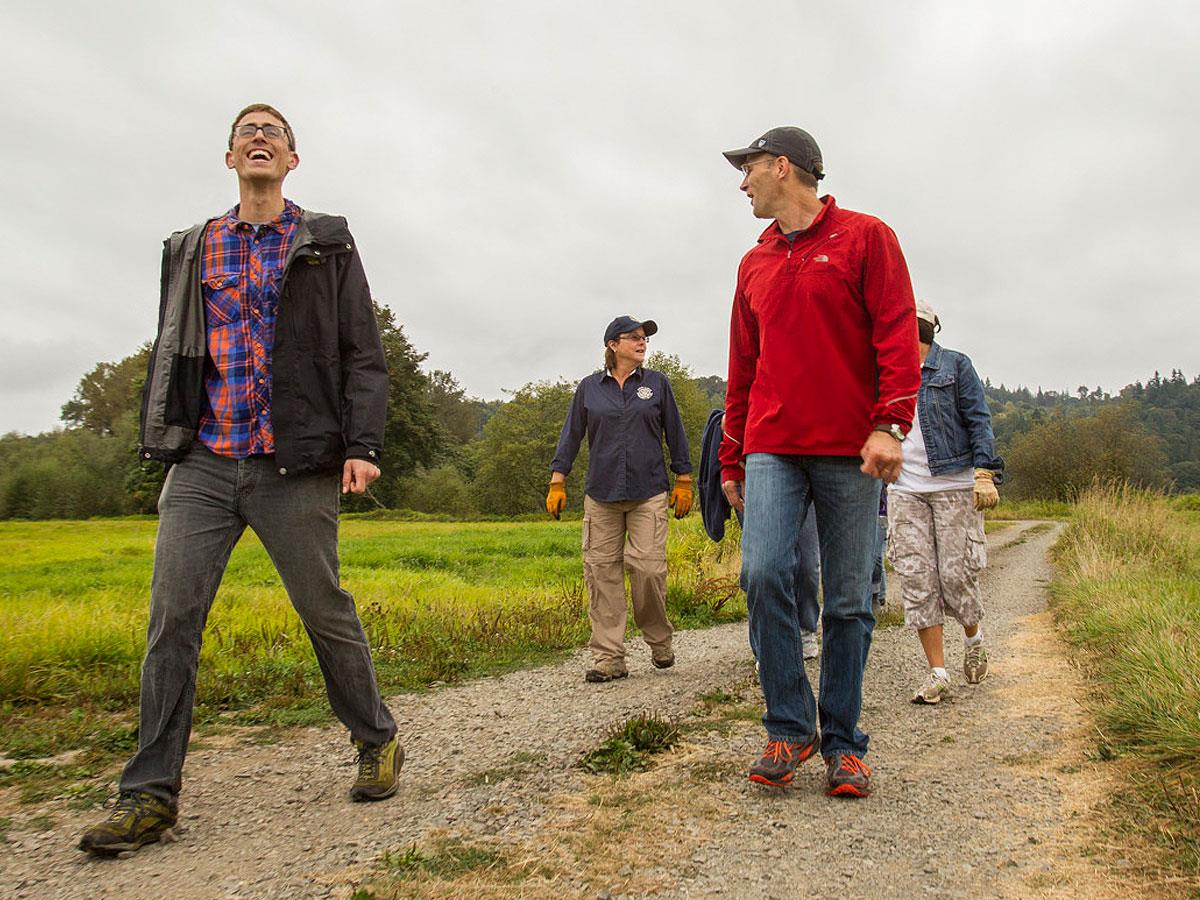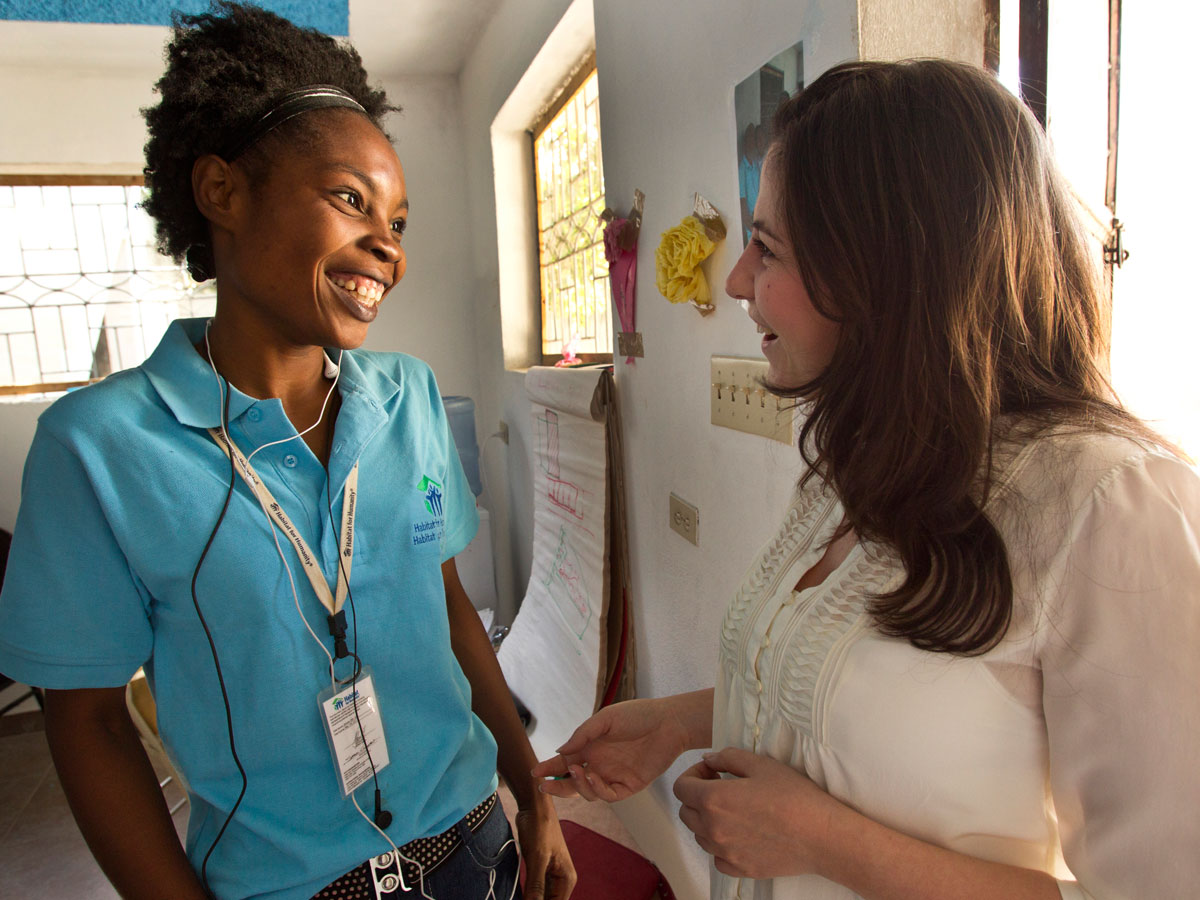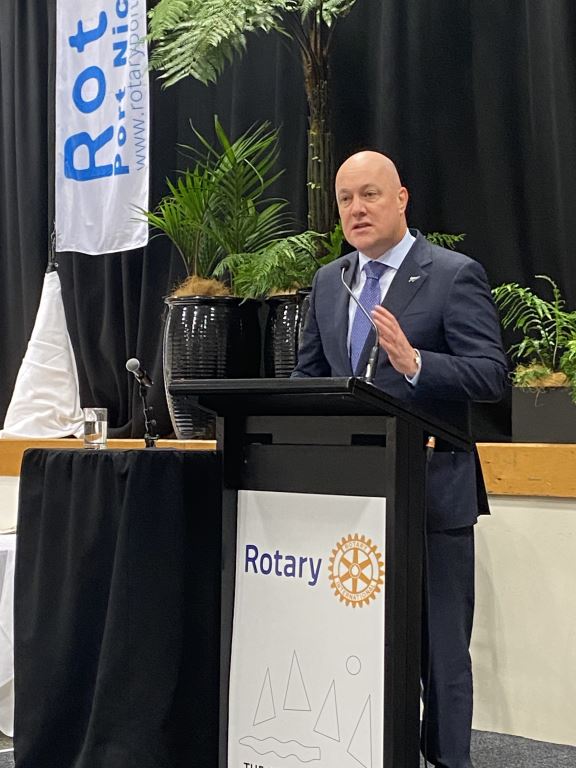
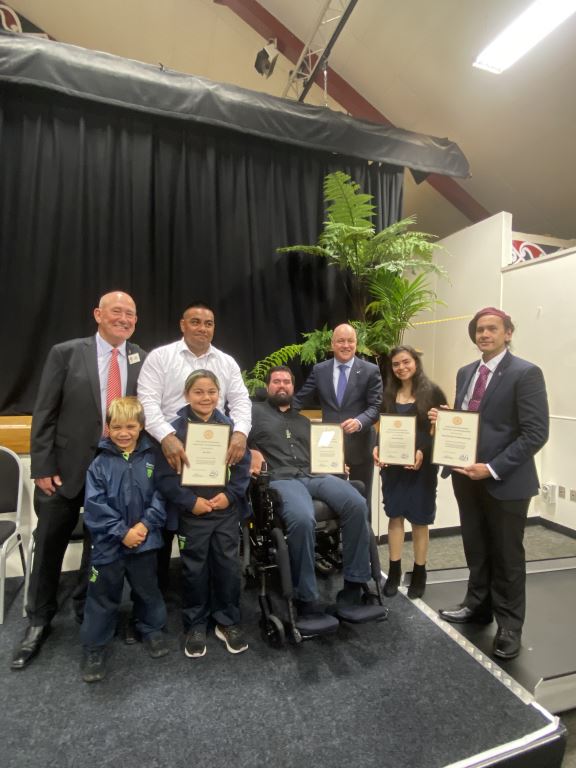
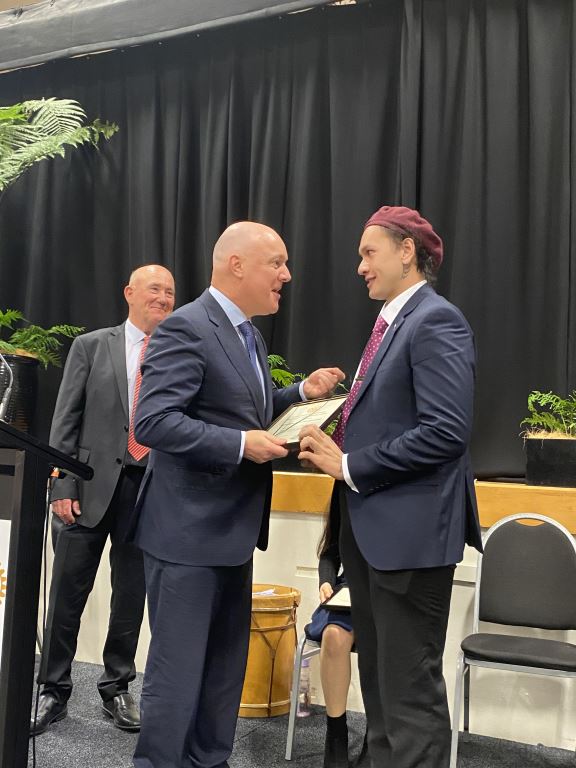
The 33rd goal setters award breakfast at the Pipitea Marae this week was a red letter day for our Rotary Club, and will not be easily forgotten by the 212 people who were enthralled by the four stories of the worthy recipients in 2024 - Ace Goff, Jono Petersen, Marilyn Mansilla and Tanith Wirihana Te Waitohioterangi.
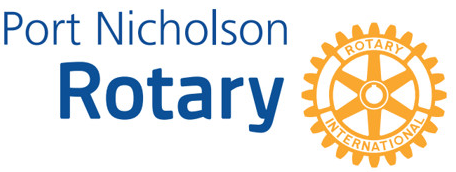

.jpg)
